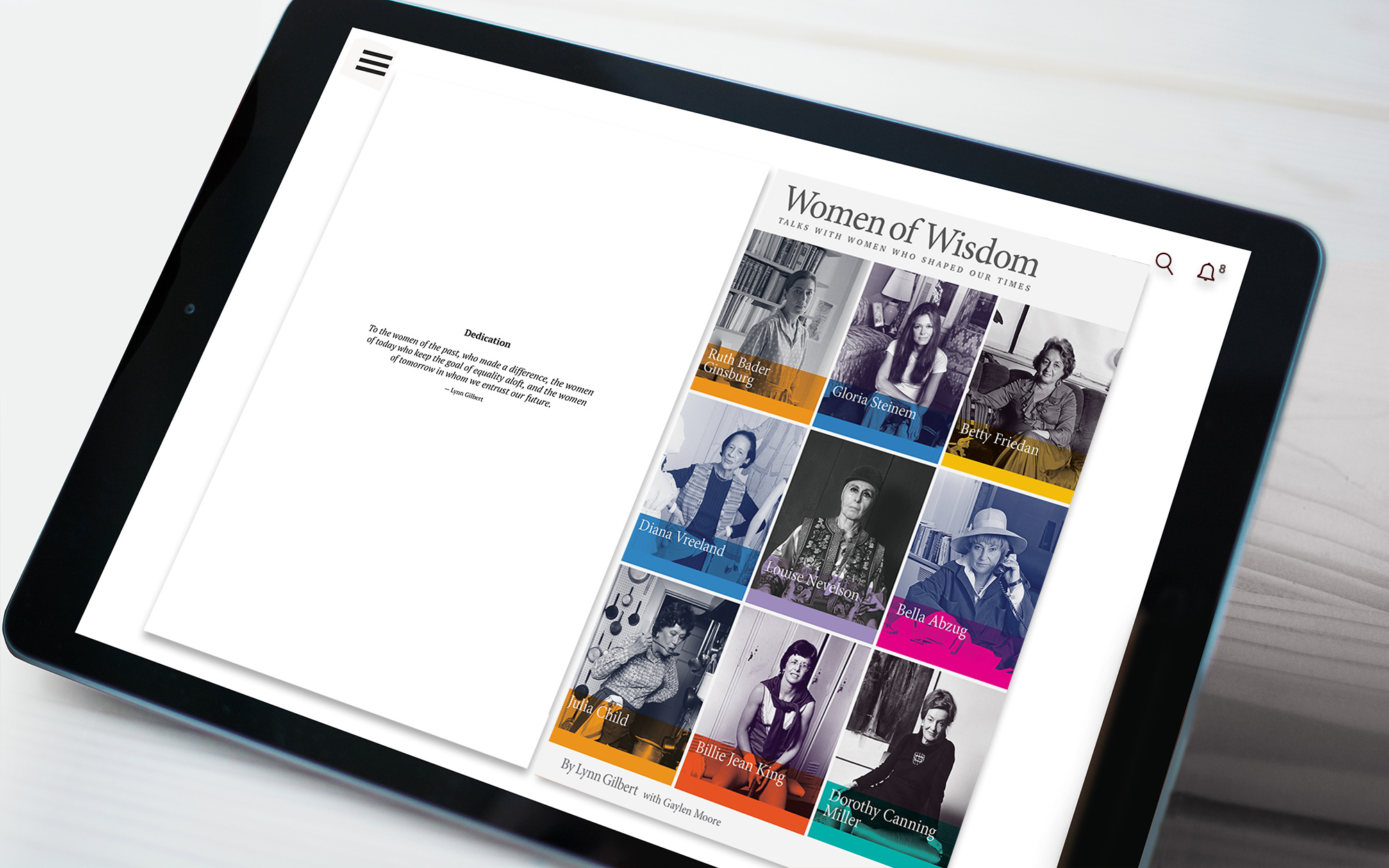"All revolutionary movements have been made by intellectuals, the educated. It’s nonsense to fool around with any silliness about whether or not the modern women’s movement was a white, middle-class movement. Absolutely. It was a white, middle-class movement from the beginning, though it always had blacks in it and it always had to do with the problem of poverty, which for women cuts across class lines. The people who could articulate the philosophy of this movement were people who had education, although for some, the education had come in the labor movement and not in college. That’s how movements happen." Betty Friedan
The oral biography of Betty Friedan, who fueled the women’s liberation movement that continues to work toward equal rights for women around the globe.






